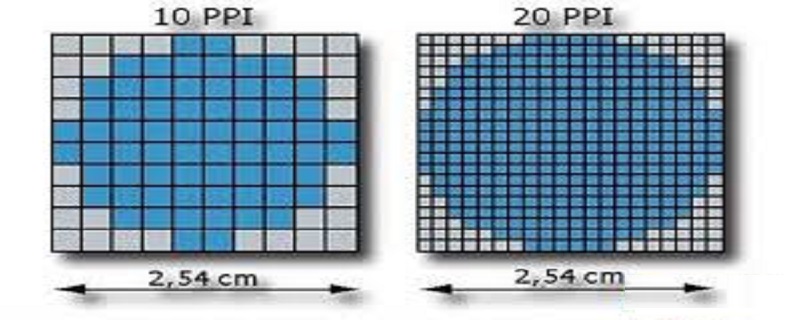Home >Web Front-end >PS Tutorial >What does resolution mean?
What does resolution mean?
- 云罗郡主Original
- 2018-12-17 14:30:44179430browse
Resolution is called screen resolution, which refers to the precision of the screen, that is, the number of pixels displayed on the monitor. The higher the pixels displayed on the screen, the clearer the picture.

#The operating environment of this article: Windows 7 system, Dell G3 computer.
I believe that everyone may be unfamiliar with resolution. In fact, it is not surprising that everyone does not understand resolution. Let’s take a look at what resolution means.
1: What does resolution mean
Resolution is called screen resolution, which refers to the precision of the screen, that is, the number of pixels displayed on the monitor, and the screen display The higher the pixels, the clearer the picture.
For example: the resolution of a picture is 500*500, which means that the number of horizontal and vertical pixels is 128 each. The more the number of resolutions, the clearer the display effect. If at the same time Under the same device size, high resolution and low resolution have great display effects. For 1500*853, each horizontal line has 1500 pixels, that is, there are 1500 columns and 853 rows. Of course, the resolution is not only related to the distance between pixels, but also the number of refresh frequencies.
2: Are resolution and point distance the same?
Many people regard resolution and point distance as the same concept. In fact, they are two completely different things. Concept, resolution is measured in pixels, and pitch refers to the distance between pixels.
3: Units of resolution
Generally, the units used to express resolution are dots per inch and pixels per inch, which are represented by dpi and ppi respectively, but From a technical point of view, pixels are mainly for displays, while dots are mainly for printing.

The above is a complete introduction to what resolution means. If you want to know more about PS video tutorial, please pay attention to the php Chinese website.
The above is the detailed content of What does resolution mean?. For more information, please follow other related articles on the PHP Chinese website!

